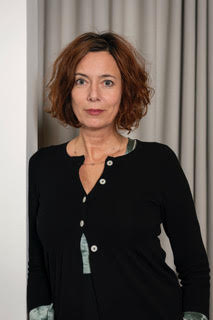
Opening
Award-winning writer Eva Menasse will open the Dachstein Dialoge 2025 | International Festival for Tolerance.
The programme of the Dachstein Dialoge features compelling talks, artistic performances and unique discussions. These encourage attendees to challenge entrenched mindsets and cultivate fresh perspectives.

Award-winning writer Eva Menasse will open the Dachstein Dialoge 2025 | International Festival for Tolerance.
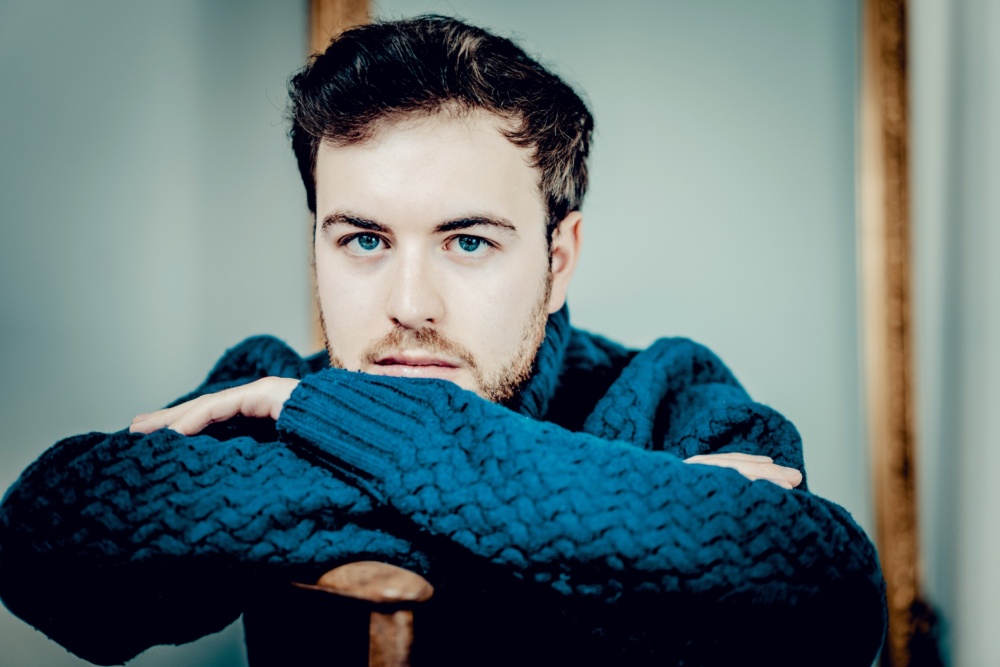
Anton Gerzenberg, the young and widely acclaimed piano virtuoso, will perform the opening concert of the Dachstein Dialoge 2025. With a broad and diverse repertoire, the pianist captivates audiences with his virtuosic and sensitive playing. In 2024, he was awarded the Martha Argerich Steinway Prize in recognition of his artistry.
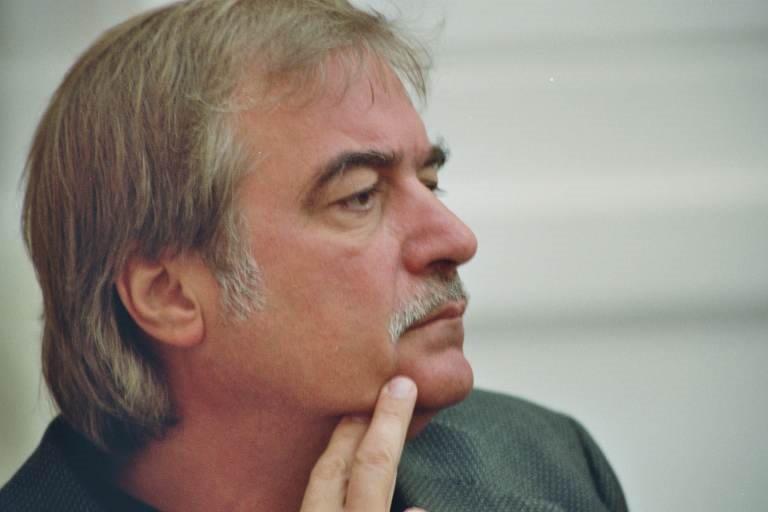
Starting with the Battle of Schladming in 1525, historian Wolfgang Maderthaner’s seminar series examines the uprisings of peasants, artisans, citizens, and the lesser nobility within the sphere of Habsburg rule and influence over the course of four centuries.
Ebrahim Afsah, an Iranian-German legal scholar poses the question: “Who is a neighbor, who is an enemy?” This pattern of thinking fosters prejudice and exclusion and poses challenges even for democratic societies.

An informal and spontaneous format complements the high-caliber concerts of the Dachstein Dialoge: at our Open Concerts, musicians and ensembles – from local talents to international festival performers – are invited to sign up and contribute a short performance or musical dialogue.
ChatGPT fragen
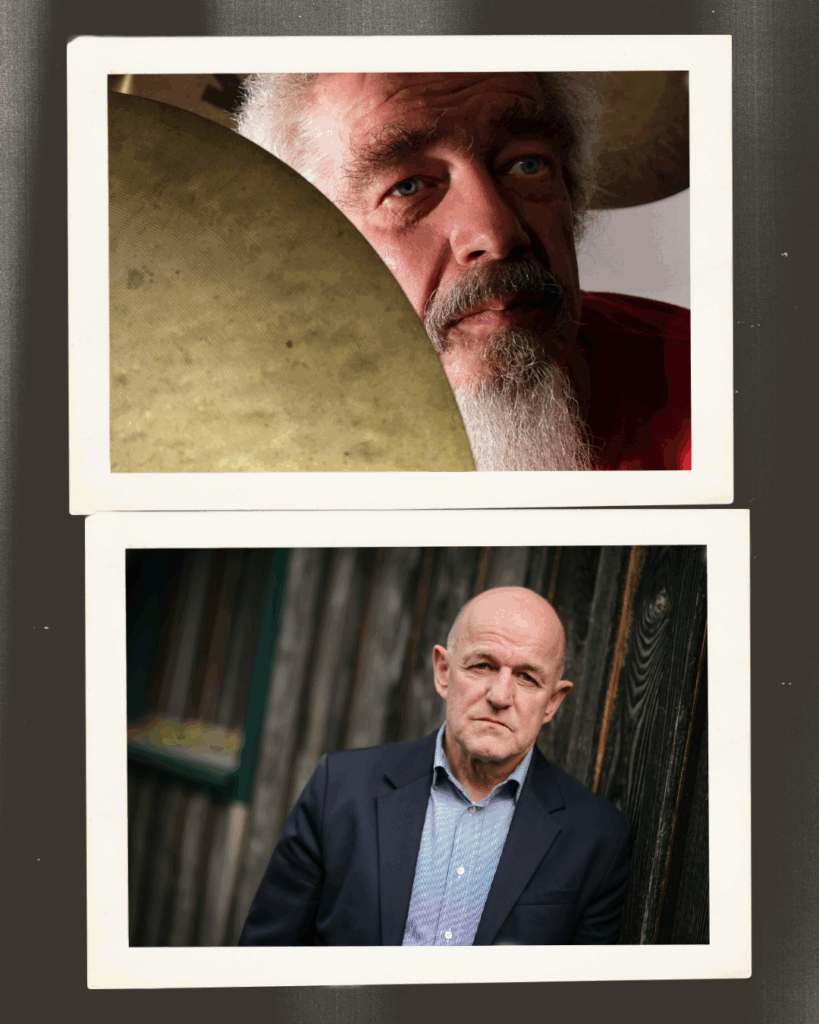
Peter Gruber reads from his novel Notgasse, set against the backdrop of late medieval life on the Dachstein alpine pastures, the Reformation, and the Peasants’ Revolt of 1525 in the Ennstal valley. He is accompanied by percussionist Peter Angerer.

In his lecture, historian Wolfgang Maderthaner explores the historical focus of the festival: the 500th anniversary of the Peasants’ Wars, which had a significant origin in the region.

!HANDMADE – Le septième art’
is the latest project by Marko Živandinović, accordionist, composer and arranger, based on his own compositions and offering a unique blend of improvised music, European folk music, contemporary music and jazz.
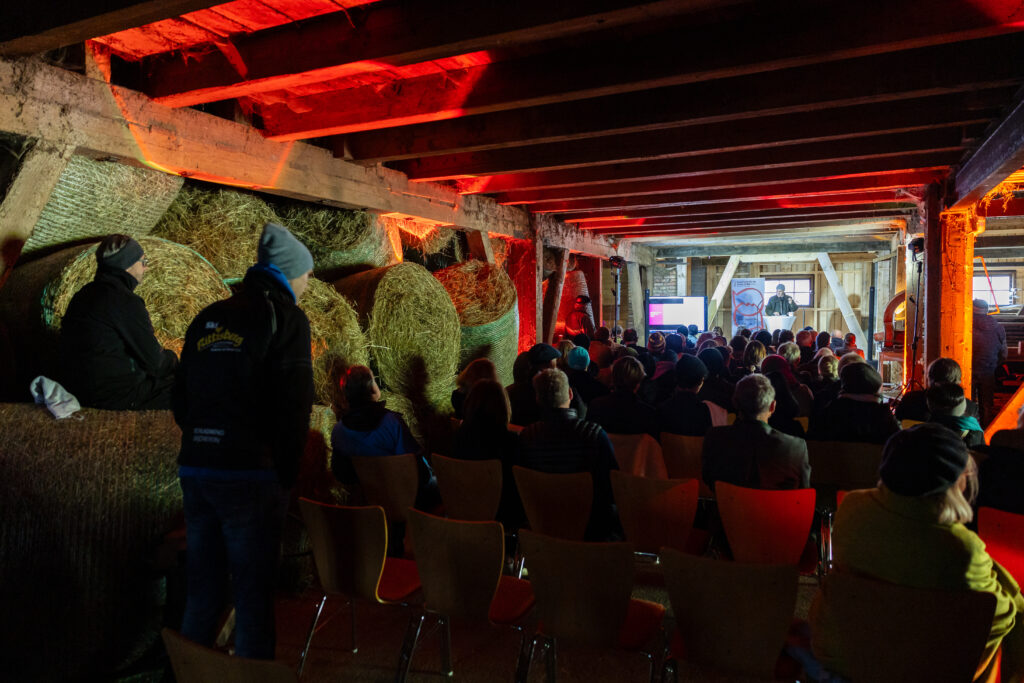
A conversation about this year’s festival theme with Judith Kohlenberger, sociologist specializing in migration studies; Solmaz Khorsand, journalist and author; and Philipp Blom, historian, writer, and artistic director of the Dachstein Dialoge.

An informal and spontaneous format complements the high-caliber concerts of the Dachstein Dialoge: at our Open Concerts, musicians and ensembles – from local talents to international festival performers – are invited to sign up and contribute a short performance or musical dialogue.
ChatGPT fragen
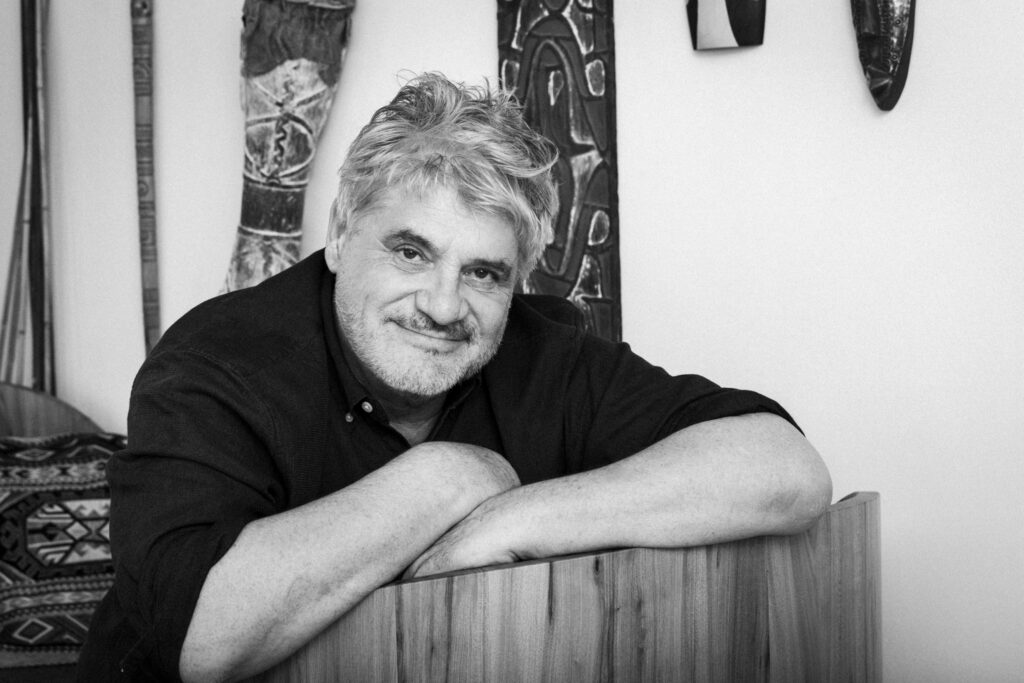
Everything moves — ideas, objects, stories. Nothing we call our own truly originates “from here.” Raoul Schrott illustrates this kind of cultural transfer with a striking example: how a Jewish anecdote, traveling from East to West, eventually gave rise to both the figure of Sherlock Holmes and the notion of ‘serendipity.’
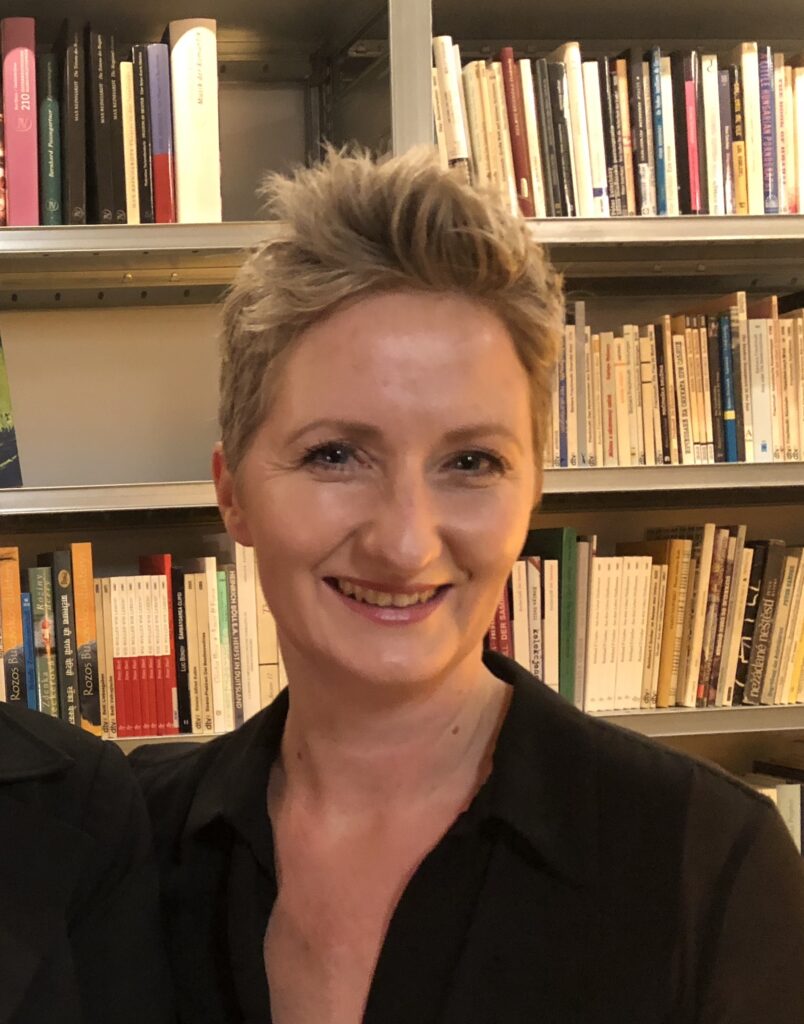
A talk with Philipp Blom, historian, writer, and artistic director of the Dachstein Dialoge. Details on (additional) participants coming soon. Abou Barbara Tóth About Philipp Blom
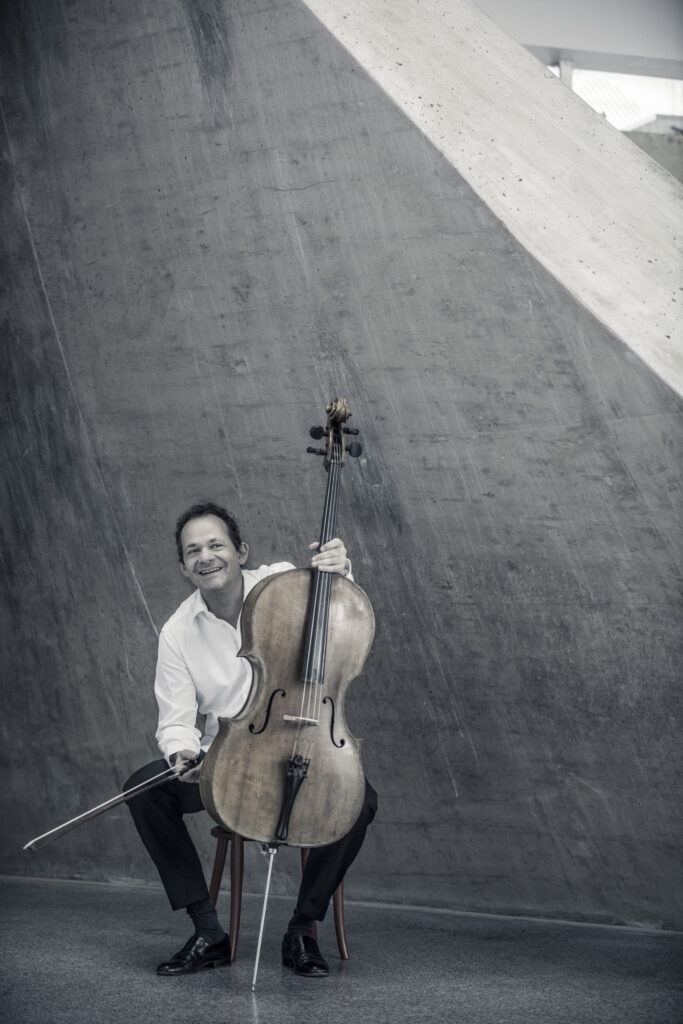
J.S. Bach: Cello Suites Nos. 1 & 4 – Johann Sebastian Bach’s six Cello Suites are considered a milestone in the solo repertoire for cello. Reinhard Latzko, one of the most versatile musicians of his generation, performs them over three evenings as part of late-night concerts in the Catholic church of Ramsau.

Starting with the Battle of Schladming in 1525, historian Wolfgang Maderthaner’s seminar series examines the uprisings of peasants, artisans, citizens, and the lesser nobility within the sphere of Habsburg rule and influence over the course of four centuries.

Alois Hartinger is a former administrative officer, local historian in Salzburg, dulcimer player in the Filzmoser Saitenkreis ensemble, and board member of the Dachstein Dialogues.
What shapes our identity – and who gets to decide who we are?A discussion with Reinhard Klaushofer, Director of the Austrian Institute for Human Rights; journalist and author Melisa Erkurt; and Fred Ohenhen, expert in intercultural education.

Trio Bohémo is an award-winning Czech chamber ensemble known for their dynamic performances and mastery of the classical piano trio repertoire.

J.S. Bach: Cello Suites Nos. 5 & 3 – Johann Sebastian Bach’s six Cello Suites are considered a milestone in the solo repertoire for cello. Reinhard Latzko, one of the most versatile musicians of his generation, performs them over three evenings as part of late-night concerts in the Catholic church of Ramsau.

Starting with the Battle of Schladming in 1525, historian Wolfgang Maderthaner’s seminar series examines the uprisings of peasants, artisans, citizens, and the lesser nobility within the sphere of Habsburg rule and influence over the course of four centuries.
Child and adolescent psychiatrist and author Paulus Hochgatterer and Ukrainian writer Marjana Gaponenko discuss the creative power of both individual and collective cultures of remembrance, as well as the dialogue between generations and cultures.
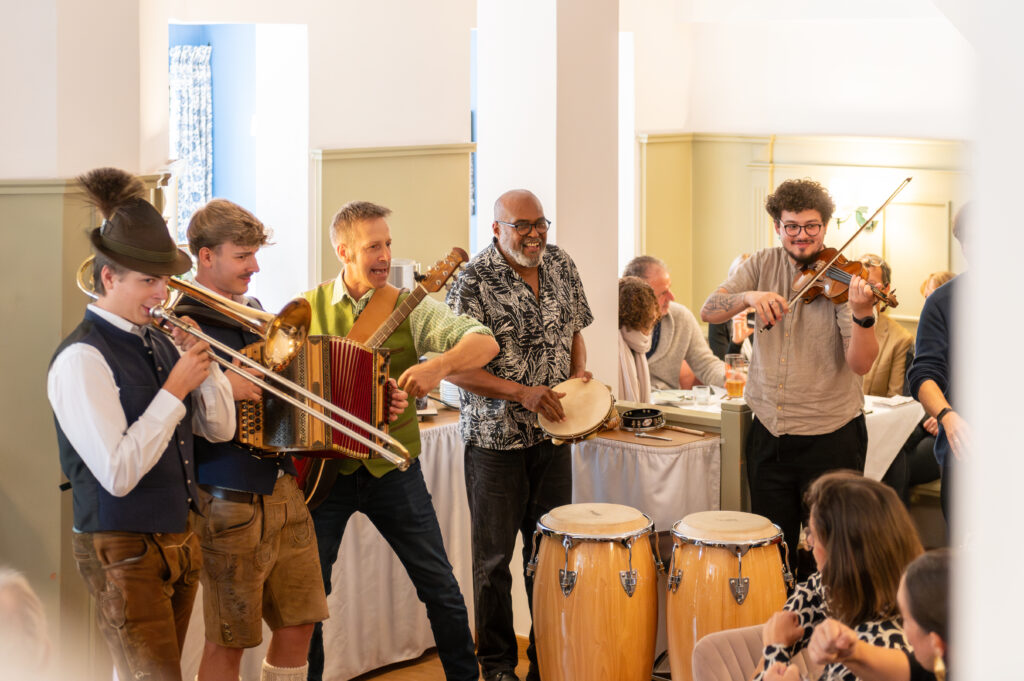
An informal and spontaneous format complements the high-caliber concerts of the Dachstein Dialoge: at our Open Concerts, musicians and ensembles – from local talents to international festival performers – are invited to sign up and contribute a short performance or musical dialogue.

A movie about belonging – and the director’s second attempt to (finally completely) belong. With: Toxische Pommes, Judith Kohlenberger, Robert Menasse and many more.
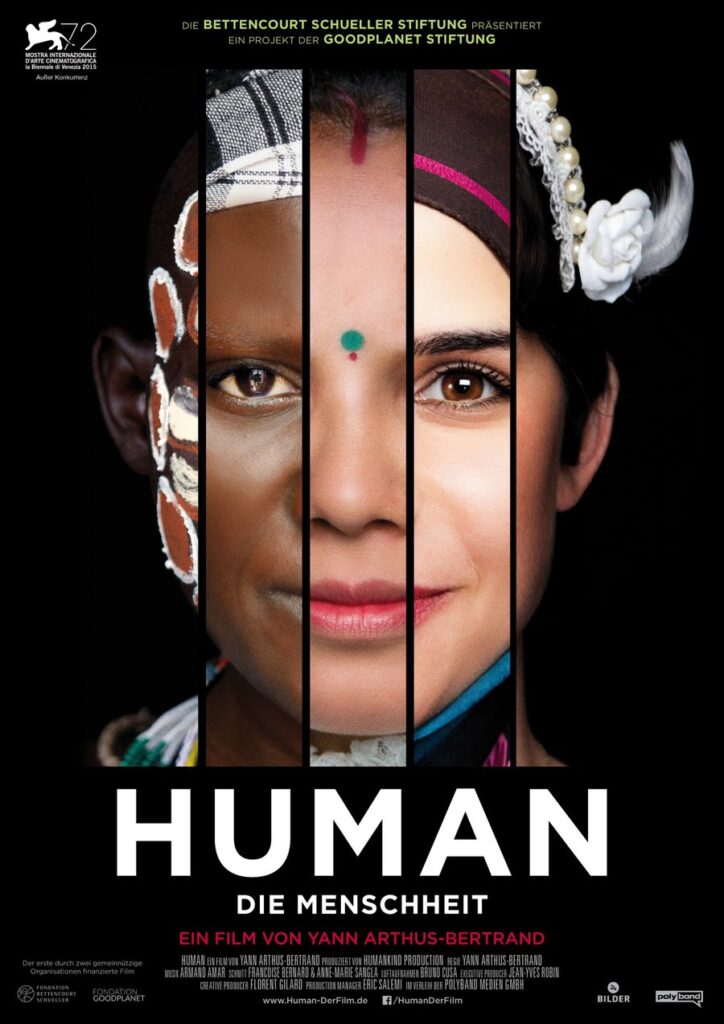
Michael Ignatieff, Canadian author and former politician, introduces the theme of the conditio humana—the human condition—also explored in HUMAN, a documentary by French photographer and director Yann Arthus-Bertrand. The film weaves together interviews with over 2,000 people from more than 60 countries, alongside breathtaking aerial and landscape imagery from around the world.

Starting with the Battle of Schladming in 1525, historian Wolfgang Maderthaner’s seminar series examines the uprisings of peasants, artisans, citizens, and the lesser nobility within the sphere of Habsburg rule and influence over the course of four centuries.
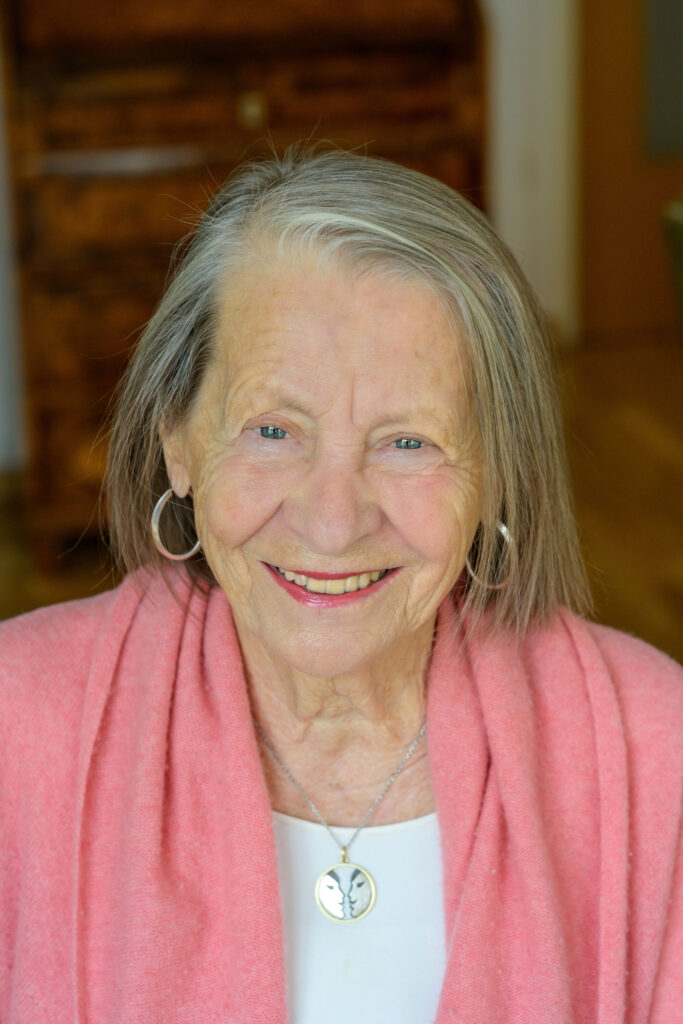
Psychotherapist and author Christl Lieben works with the method of systemic constellation work and explores the question with participants: To what extent are people in the region still shaped today by the consequences of the Peasants’ Wars, the Reformation, and the Counter-Reformation?
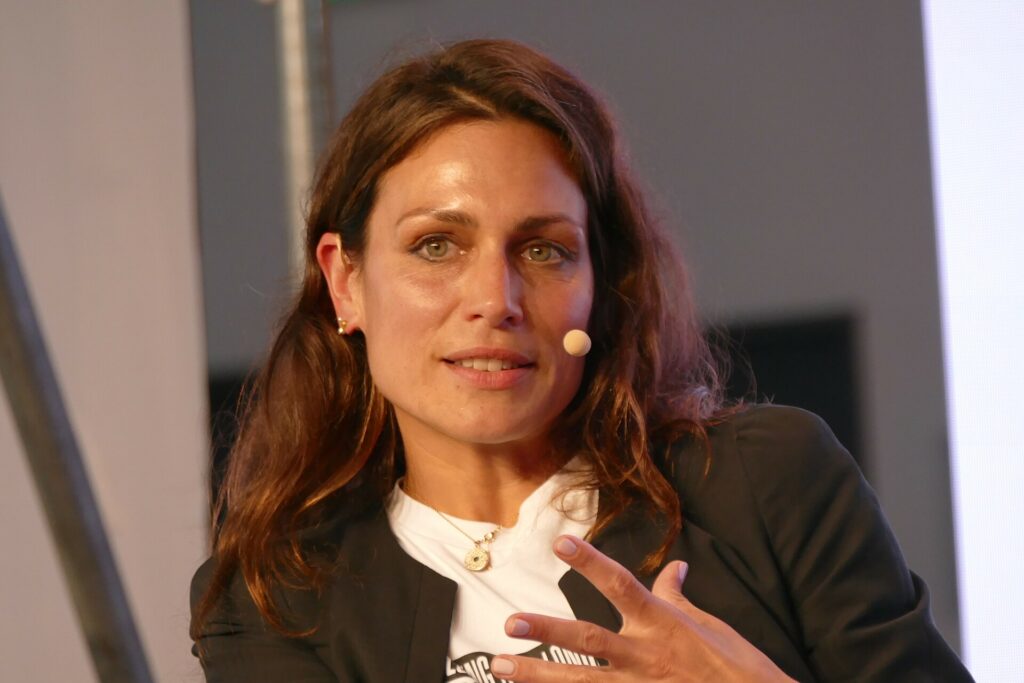
Discussion with Shila Behjat, German-Iranian journalist, publicist and cultural editor.
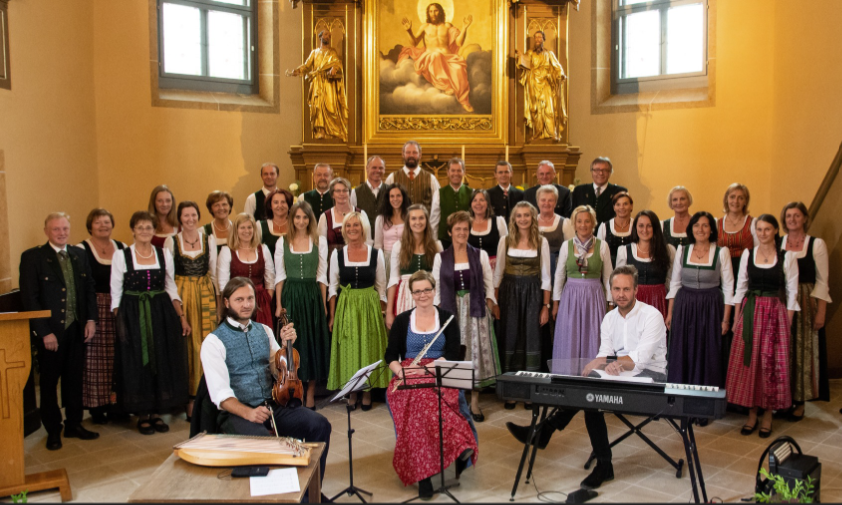
Choral Performance and Reading at Dachstein Dialoge 2025

J.S. Bach: Cello Suites Nos. 2 & 6 – Johann Sebastian Bach’s six Cello Suites are considered a milestone in the solo repertoire for cello. Reinhard Latzko, one of the most versatile musicians of his generation, performs them over three evenings as part of late-night concerts in the Catholic church of Ramsau.

Starting with the Battle of Schladming in 1525, historian Wolfgang Maderthaner’s seminar series examines the uprisings of peasants, artisans, citizens, and the lesser nobility within the sphere of Habsburg rule and influence over the course of four centuries.
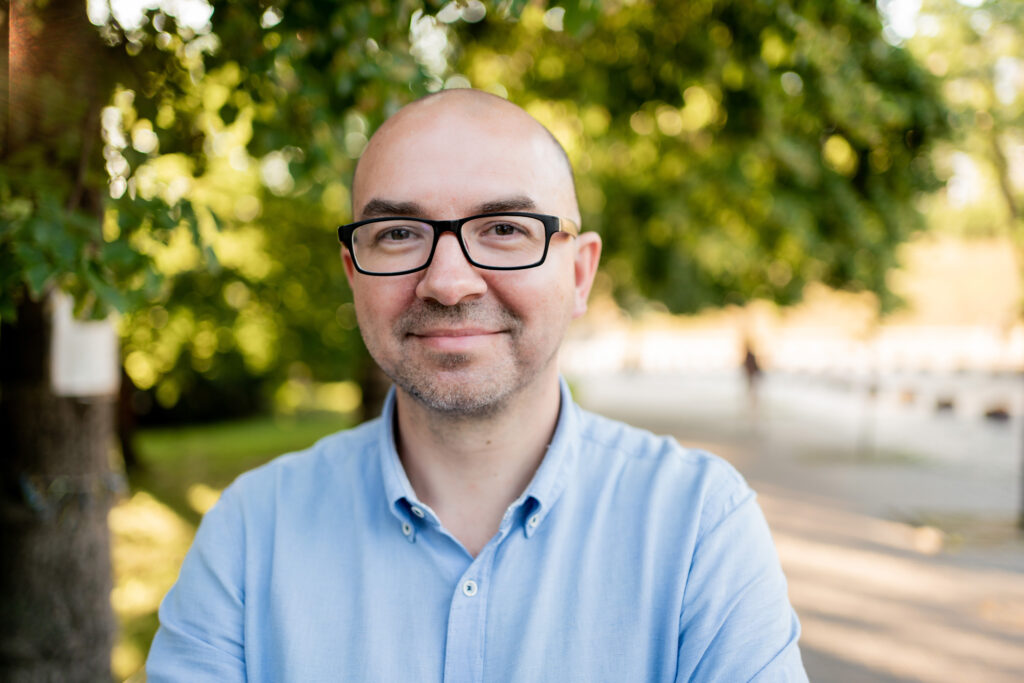
As concluding speaker, the Ukrainian philosopher and publicist Volodymyr Yermolenko has been secured. He lives in Kyiv and will be connected live to the stage via video screen for his talk.
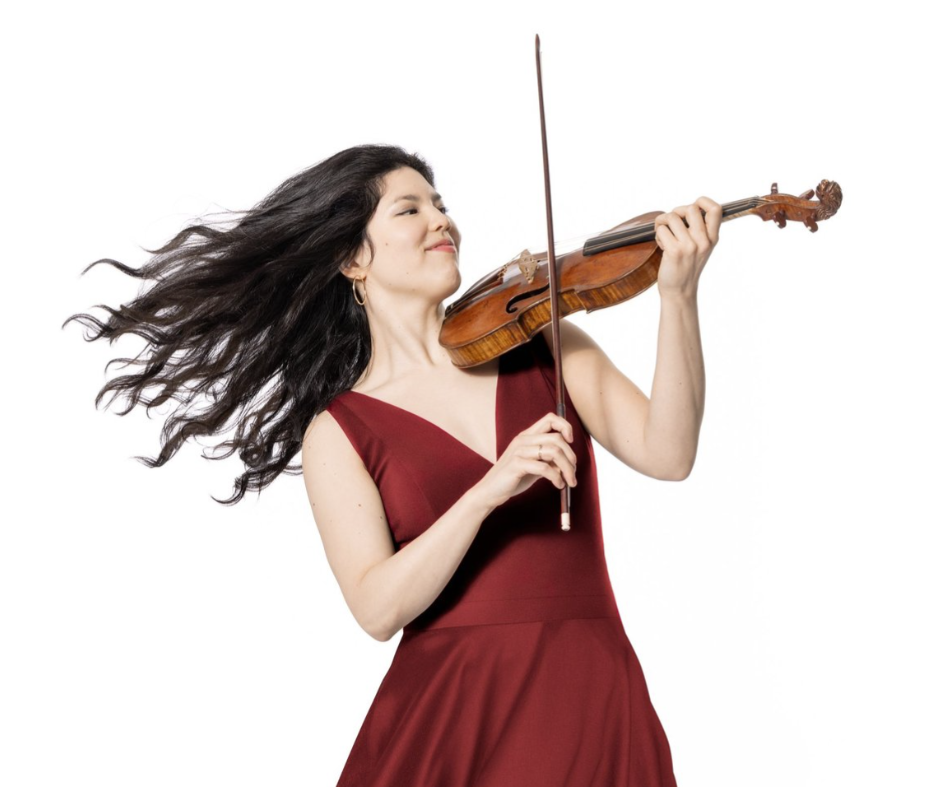
The 2025 festival will culminate in a spectacular finale concert by the Dachstein Dialogues Quartet in residence. The musicians, led by Rachell Ellen Wong, enrich the program throughout the season with musical interventions.
